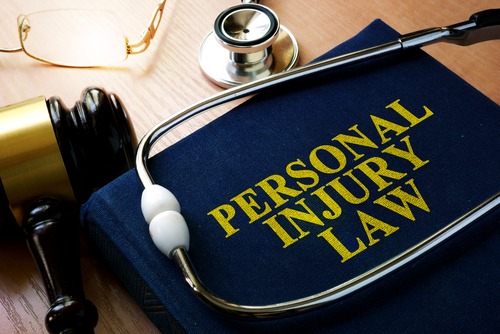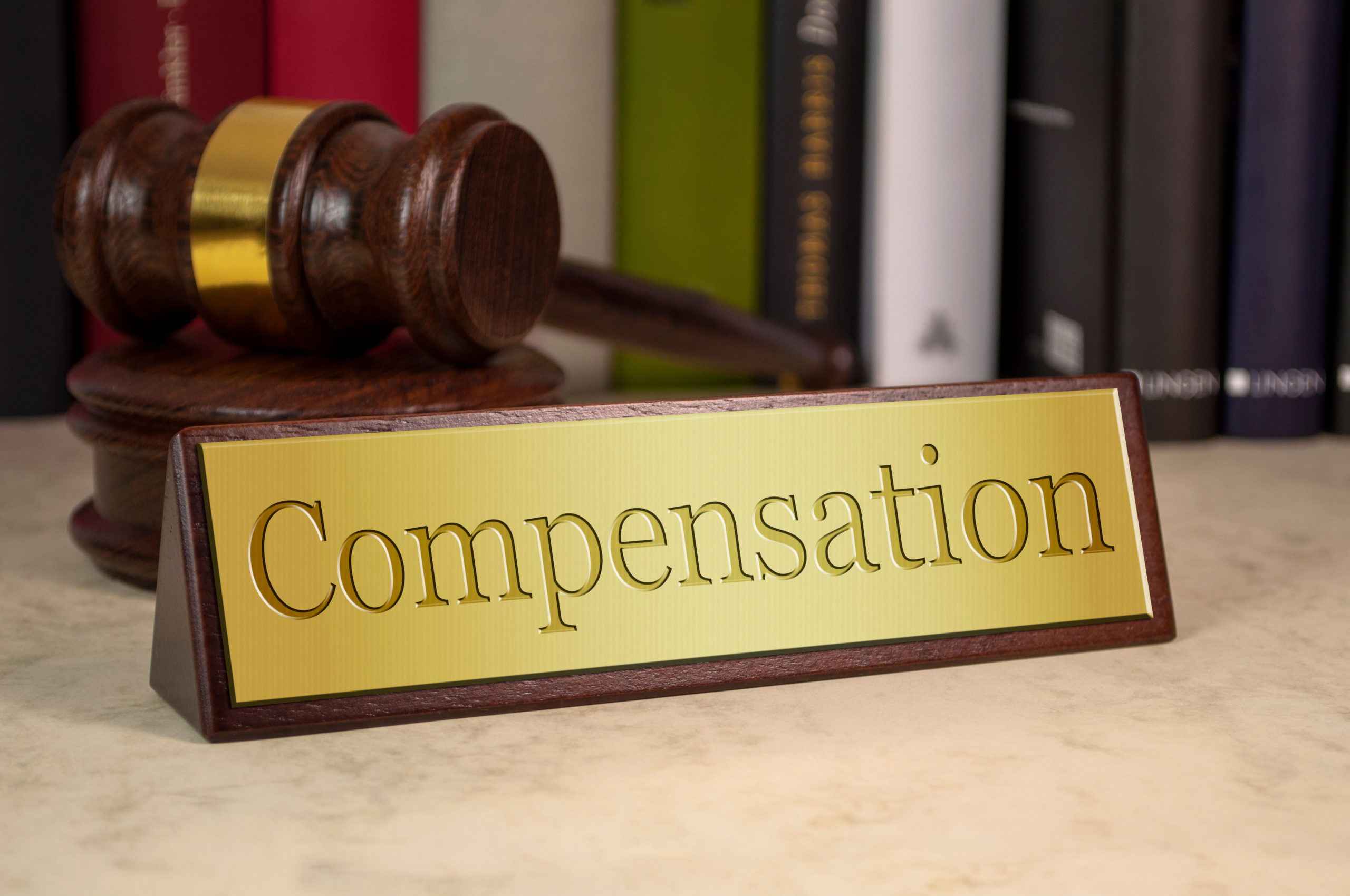Social Host Liability
Alcohol-related accidents and injuries are very serious. In regards to legal concepts, “social host liability” refers to allowing a host of a party or other gathering to be held liable in certain situations stemming from a guest becoming intoxicating and ending up causing an injury to a third party. Many states follow this law including Alaska, Arkansas, Connecticut, Hawaii, Maine, Maryland, Massachusetts, Missouri, New Jersey, Ohio, Oklahoma, Oregon, Pennsylvania, Rhode Island, South Carolina, Tennessee, Washington, and Wisconsin. New Jersey’s specific statute holds hosts liable for third-party injuries caused by a guest who is “visibly intoxicated” where the injuries just so happened to be the result of negligent operation of a vehicle by the guest.
So, who can be held liable under social host liability laws? These laws can apply to anybody ranging from homeowners, renters of property, or anyone else providing alcohol to a guest who gets drunk and goes on to cause injury to somebody. Any occasion can give rise to this, which is not just limited to parties. Many states with social host liability laws will only impose responsibility onto a host who provides alcohol to someone under the legal drinking age, which just so happens to be 21 in all states in the US. Not all states have social host liability laws, either, as we mentioned above. If your situation ends up being one where a host could be liable, you would want to check with your attorney and find out whether or not this state abides by these certain sets of laws. Anyone who was injured by an intoxicated guest will be able to bring a personal injury claim under these laws.
First Party and Third Party Social Host Liability Cases
“First party” social host liability cases exist when the injured plaintiff is the person who was given the alcoholic drinks. Most states won’t allow first party claims unless the plaintiff is a minor.
In “third party” cases, furthermore, the existence is based on the injured person being someone other than the drunk person. For instance – if you are hit by a drunk driver and the driver was drunk at said party, you would potentially have a third party case against the person who provided alcohol at the party.
What is intentional conduct?
Social host liability laws, in some states, will require that the host acted intentionally or with knowledge of the situation before they are held liable. For example, they may require that the host know that the guest was under the legal drinking age in order to be held liable. It may also only hold the host liable if they knew that the guest was intoxicated. The host could then try to escape liability by claiming that they simply did not think that the guest was under the influence.
The next way to turn is in the direction of receiving legal help for your case. Social host liability varies greatly depending on the state and general jurisdiction. Since these kinds of cases depend on a lot of small facts and information, you should always consult an attorney to see where you stand. Contact MDL today for a free consultation!


















